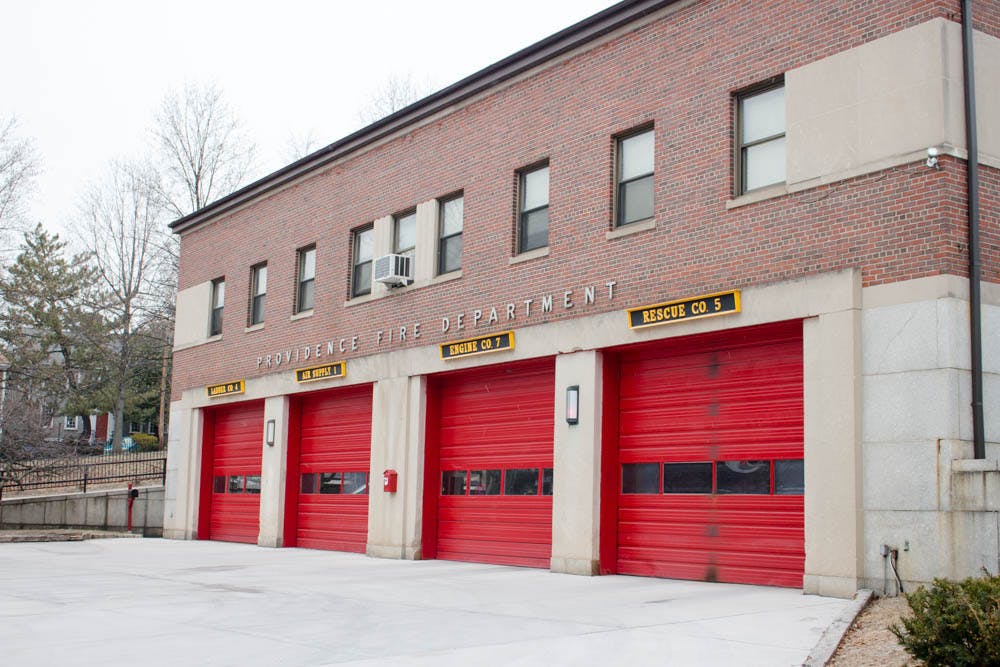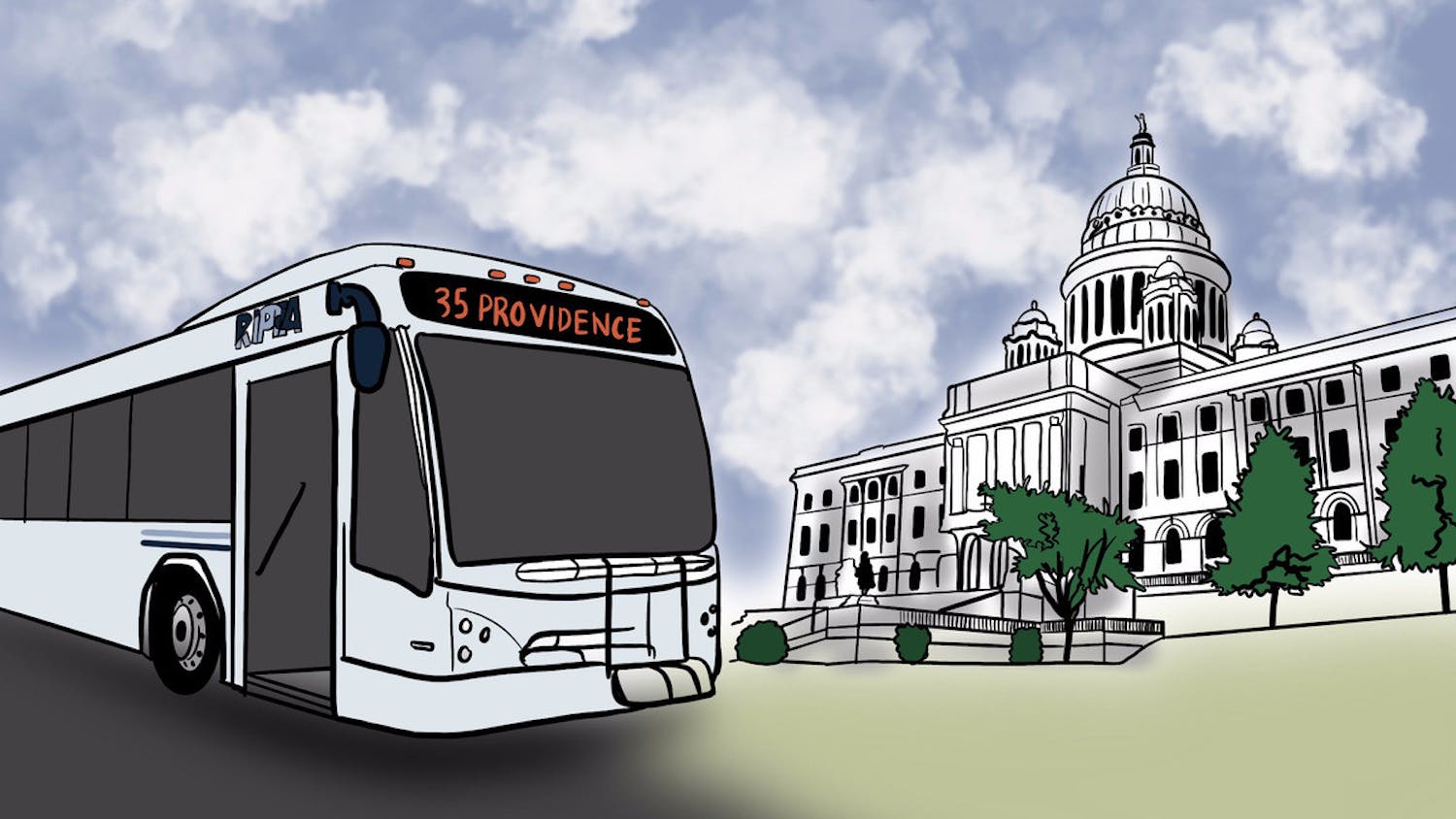The Providence Safe Stations Program, which opened the city’s 12 fire stations to those battling opioid addiction, treated its second person suffering from addiction Monday, less than two months after its inception, said Acting Emergency Medical Services Chief Captain Zachariah Kenyon, who spearheaded the program. As the program gains publicity, each firehouse is expected to receive over four people a day as the city continues to respond to around 40 overdose-related incidents per week, Kenyon said.
This firehouse-based model is meant to discreetly and efficiently provide 24-7 aid to those affected by opioid addiction, Kenyon said. He initially came across the idea for the safe stations through a post on social media in September that featured a model program in Manchester and Nashua, New Hampshire.
“When people have addiction problems and they finally reach that small window of opportunity where they want to ask for help, a lot of times they don’t know where to go for help,” Kenyon said. “We are here … to give you that opportunity to know where to go to start your recovery process.”
The program aims to give people access to help before they are in crisis, said Director of Recovery Services at the Providence Center for Mental Health and Addiction Treatment Services Deb Dettor. The fire stations worked closely with the Rhode Island Department of Behavioral Healthcare, Developmental Disabilities and Hospitals, the Providence Center and the Anchor Recovery Community Center to provide services to those visiting the station.
“If we have another avenue where people can just walk in the door and get help on the spot, that will help a great deal,” Dettor said, adding that offering treatment in a firehouse, as opposed to a hospital, may help mitigate the stigma associated with addiction.
Most conversations surrounding the opioid epidemic focus on Narcan, the drug used to reverse an opioid overdose. But while Narcan can be lifesaving, it does not solve the epidemic at its core, Kenyon said. It is vital to offer recovery services in addition to medical help, he added.
“The epidemics of opioid use disorders and overdose deaths require an ‘all hands on deck’ approach, and the Safe Stations program provides an excellent example of how to address these challenges head-on,” said Geoff Capraro, assistant professor of emergency medicine and one of the creators of NaloxBox, a device that allows bystanders to administer Narcan.
The recovery process begins when a person rings the doorbell of a fire station and indicates that they need help. On-site personnel then complete a Field Intake Assessment and check the individual’s vital signs, blood sugar and general condition, Kenyon said. After confirming that there is no need for emergency care, the on-site responders contact a hotline number, provided by the Providence Center and Anchor Recovery, which connects the individual with addiction recovery coaches and clinicians.
The safe stations are currently working to install signs on the outside of the building that advise people seeking help to call a dispatch number in case firefighters are out on a run, Kenyon said. The dispatcher will redirect those people to a different station or reassure them that personnel are returning to the site.
The Providence Safe Stations operate as Rhode Island works to reduce instances of opioid overdoses in the state at large. In August 2015, Gov. Gina Raimondo established the Overdose Prevention and Intervention Task Force, which aims to reduce opioid overdose deaths by one-third within three years, according to Raimondo’s official website.
The Safe Stations Program was initially planned to begin Nov. 1 but was later moved to Jan. 2 when those involved realized that they needed more time and funds, Kenyon said. Funding for the stations comes from state and federal grants, he added.
“If we can get to one person and change their life, we’ve done something different that helps somebody,” Kenyon said. “If I can get one life corrected and changed to better habits, then I think the program is a success.”





